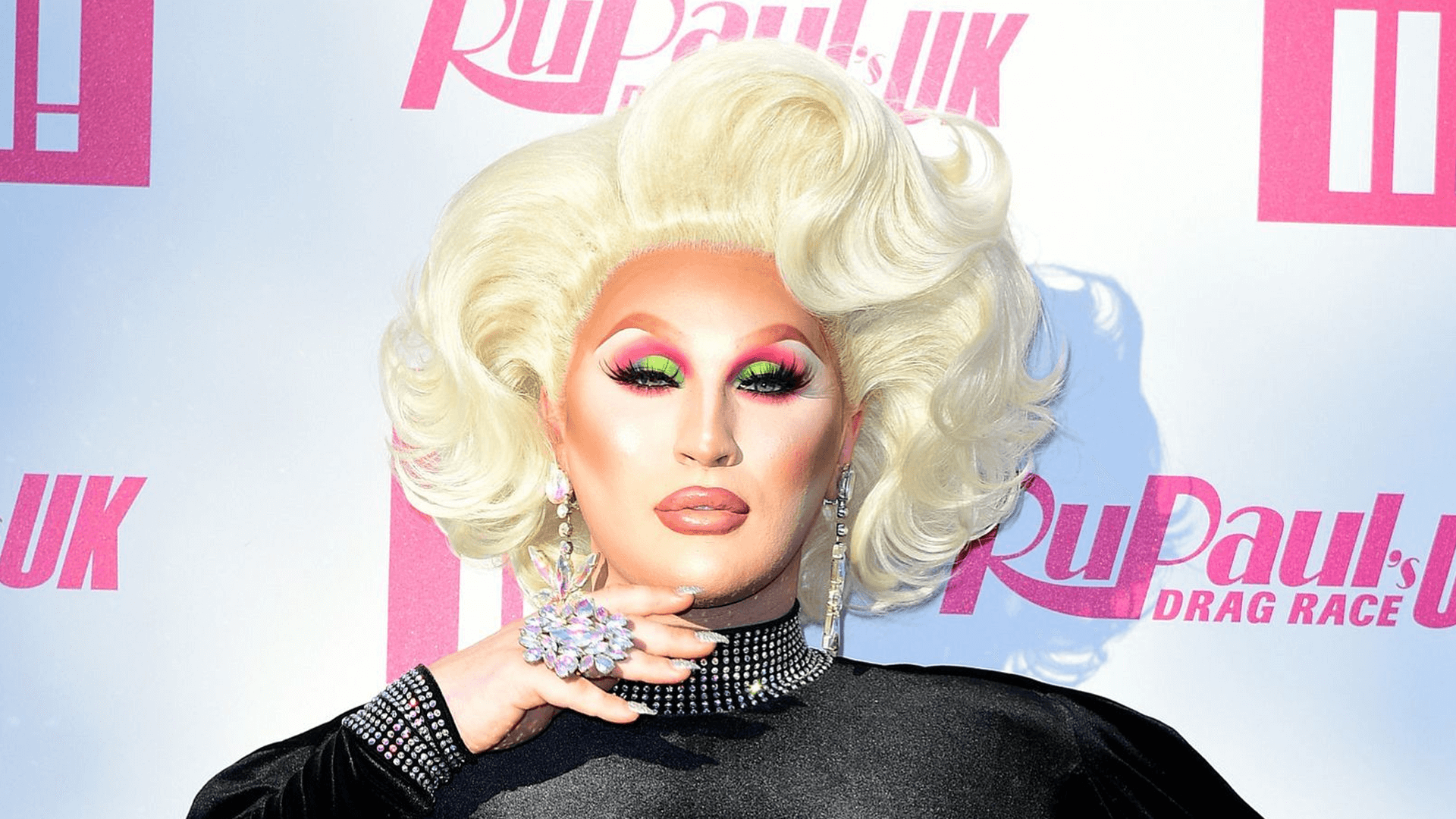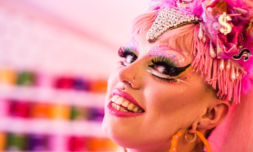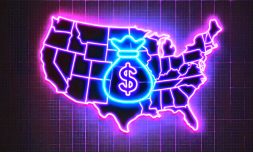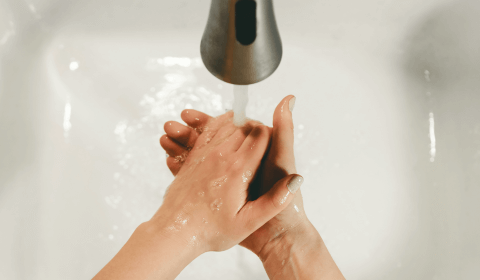Following the death of UK drag star The Vivienne, members of the community warn of growing homophobia and transphobia levels across the country.
When The Vivienne was crowned winner of the inaugural season of Ru Paul’s Drag Race UK, a star was born.
The Vivienne, whose real name is James Lee Williams, was a Welsh performer who reflected the best of British drag, with a sharp wit and iconic sense of humour that forged a successful career on the stage.
Following their Drag Race run, Williams went on to star in touring shows of the Wizard of Oz and Chitty Chitty Bang Bang, as well as fronting a slew of TV shows.
Tragically, one of these recent on-screen appearances was to be their last. Williams appeared on the popular game show Blankety Blank on Boxing Day in full drag, a decision which triggered a barrage of online vitriol. This was somewhat surprising, considering the series was once hosted by the UK’s most famous drag queen, Lily Savage.
The backlash became tragically relevant just days later when The Vivienne died suddenly at the age of 32. While a cause of death is yet to be publicly established, their devastating loss has left the drag community reflecting on a harsh truth: for all its success, the community continues to face crippling pressure and abuse.
Drag established itself as a subversive and celebratory art form that pokes fun at societal norms, and as such has always had its detractors.
From the ballrooms of 1920s Harlem to the global phenomenon of Ru Paul’s Drag Race, drag culture thrives on its ability to challenge conventions. But today, it’s become a lightning rod of broader cultural wars, particularly as discussions of gender identity and LGBTQIA+ rights dominate headlines.
@bbcnews James Lee Williams, better known as The Vivienne, was punched in the face at a Liverpool McDonald’s last June. #TheVivienne #RuPaulsDragRace #RuPaulsDragRaceUK #DragQueen #DancingOnIce #Liverpool #McDonalds #CrimeTok #BBCNews
The UK has seen a worrying uptick in homophobic and transphobic rhetoric, both on and offline. Between 2021 and 2023 alone, hate crimes based on sexual orientation rose by 41%.
A major factor behind these statistics is the rise of social media. Drag performers often rely on social platforms to build their careers, but the access afforded online can also leave users more vulnerable to hate and abuse.
The rapid-fire nature of online spaces encourage reactive, often cruel commentary. People are able to broadcast their thoughts in real-time with little consequence.
Danny Beard, a fellow Drag Race UK star, believes the growing tide of bigotry towards the drag community is also fuelled by transphobia.
Drag artists are ‘more visible but also more debated than ever’, they said, arguing that ‘certain corners of the society have become comfortable not viewing them as people.
‘There’s this real rightwing vile propaganda at the moment, I feel that drag queens get the thin edge of the wedge when it comes to transphobia – I get to put this on and take it off, but our trans brothers and sisters can’t,’ Beard added.
Case in point, The Vivienne’s appearance on Blankety Blank. Unlike former host Lily Savage, The Vivenne faced instant backlash for wearing drag on screen, with viewers claiming the appearance wasn’t ‘family friendly’.
According to Beard, things are different now. ‘There’s a different agenda, and it’s a nastier one.’
So are these tragedies reflective of rising hate, or is the visibility of drag making the abuse more apparent? Really, if the first point is true then so is the second. The mainstream of drag has undoubtedly amplified its critics, but this itself opens up vital conversations about acceptance and diversity.
Why are we still so resistant to art forms that push back on accepted norms? Be it gender, sexuality, or anything else. It’s not as if drag is on the extreme fringes. The community has had an undeniable influence on modern culture.
Drag aesthetics have shaped fashion, from haute couture runways to the DIY ingenuity of queer nightlife. Designers like Jean Paul Gaultier and Moschino have drawn directly from the culture, while the boundary-pushing artistry of drag has inspired music, film, and political movements.
But this role in fostering community and resilience is drowned out by those who refuse to see it as anything more than provocation.
Ultimately it’s essential to call out abuse wherever and whenever we see it. Be that online or in person. Education is a powerful tool. Drag, at its core, is about storytelling – about reclaiming identities and redefining possibilities. Sharing these stories is all about teaching resilience, acceptance, and understanding.
Drag is an act of self-love. It’s an audacious act of being unapologetically oneself. And that’s something we can all learn from.
The Vivienne’s legacy, like that of Lily Savage and others before her, should remind us that drag is not just entertainment. It’s a form of resistance, a celebration of difference, and a mirror reflecting society’s beauty and flaws.

















